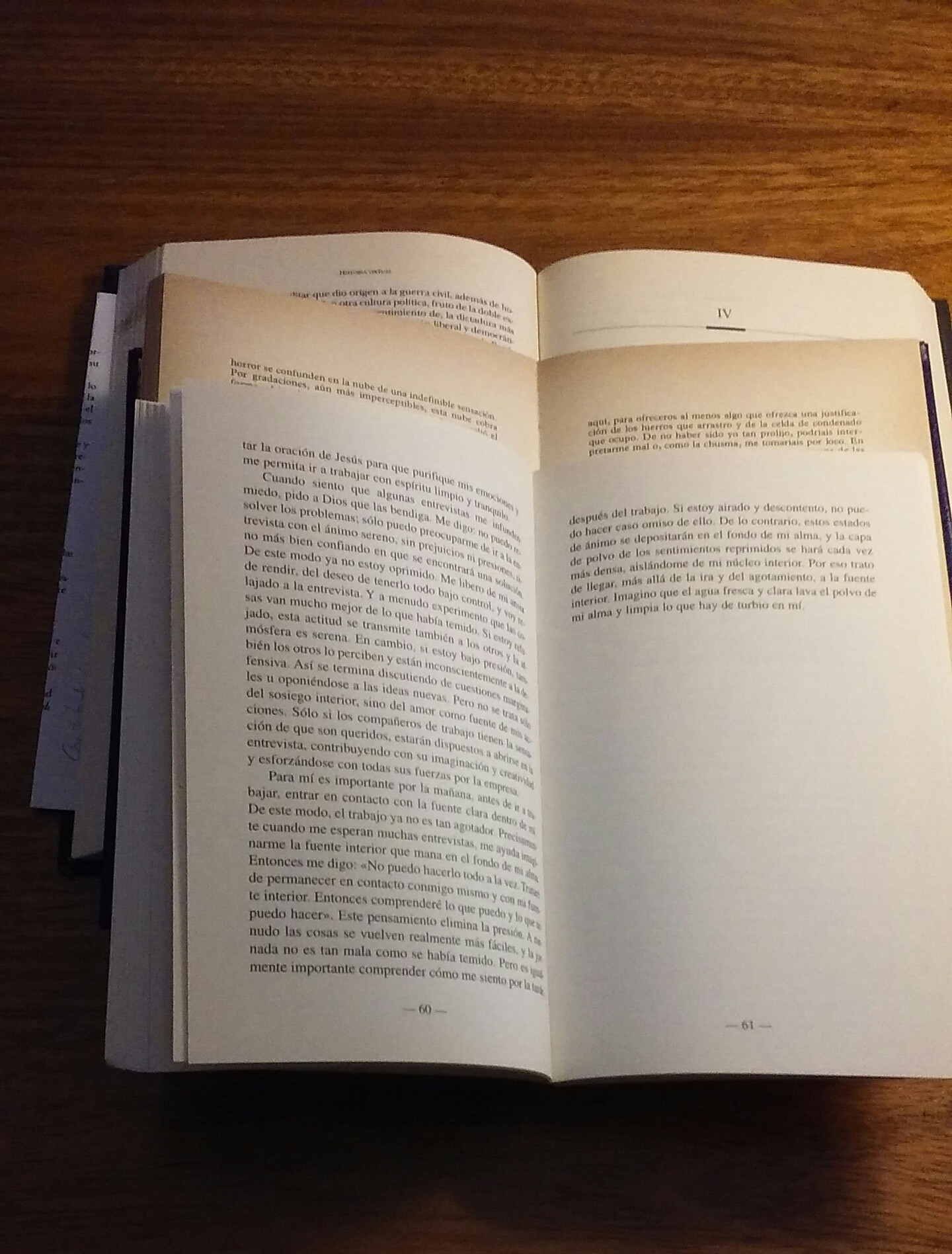Analyzing the language of the soul
From cave painting to British bards, from ancient greek stories to modern literature, storytelling has been around humanity for thousands of years. Our impulse to write, share, listen, and read our life accounts and imaginations has accompanied and enriched our existence from almost the very beginning. Why are we so drawn to it? What is so fascinating to us?
Writer and Coach Nick Owen explains that “stories, metaphors, and myths contain the history, the culture, the values, and the traditions of humankind. They are instruments of social cohesion (…)”, he says. Along this line, psychologist Marie-Louise Von Franz indicates that tales are pure expressions of the soul. However, not only at a subjective level but as a manifestation of the collective unconscious. Taking on the works of psychiatrist Carl Gustav Jung, that is the unconscious mind shared by every individual and comprises the psychic life of our ancestors since the beginning of mind kind.
At a personal level, stories help us get a different understanding of the world, reduce distress, and increase our concentration. They build new habits and widen the range of our interests. Most important, they give us a chance to deal with our problems and struggles at different stages of our life. Therefore, how can this be done?
First of all, the imaginary distance between oneself and the words allows us to submerge deep in our interior without, sometimes, not realizing it. That length causes the impact of the characters and argument to be taken objectively and rather indirectly, reaching within and past the barriers of thoughts and criticism. We empathize without not always having conscious knowledge of it.
Second, is identification. As psychoanalyst Sigmund Freud described, it is one of the basic forms of the human bond. It´s attributing one´s characteristic to the exterior but, also, internalizing the features of a desirable self. So, this means that we can see each other in the narrative and, additionally, incorporate what we need to go through life. By experimenting vicariously with the circumstances of a protagonist, we learn about ourselves and the path we can take. We took the lessons in the story and apply them to our own lives.
Third and last, is the usage of language. As french psychoanalyst Jaques Lacan established, the association between a word and its meaning is not as clear and distinct as one may think, as a linguistic sign can have various connotations regarding the receptor. Every write may have a different impact on every reader. In this case, in storytelling, metaphor is key. The application of symbols and figurative words stimulates the senses and the non-logical part of the mind, connecting with the depths of our subconscious. Moreover, it furthers the immersion as one must uncover the hidden meanings and make sense of the numerous aspects of the story, which will be perfectly aligned with the significance that we´ve been looking for.
Therapeutically, storytelling has multiple benefits. A study conducted by Daniel Comer Kidd and Emanuele Castano, published by Science Magazine in 2013, revealed that reading fiction novels can improve levels of empathy. Another one, conducted by Vezzali, Stathi, Giovannini, Capozza, and Trifiletti, published by the Journal of Applied Psychology in 2014, showed that it helped reduce prejudice.
Nowadays, Bibliotherapy, the therapeutical use of books to treat disorders and/or for personal development, is applied to people with depression, anxiety disorders, post-traumatic stress disorders, and any other situation that can help one in need. Additionally, putting on paper your story is a wonderful resource. It allows you to take a distance from yourself, see you in the third person and examine your story with more objectivity.
So, submerge yourself in a good book. Or write what is in your heart. In the words of psychologist Dr. Claudio García Pintos, I hope you can turn your biography into a meaningful story.
REFERENCES
• Freud, S.; Group Psychology and the Analysis of the Ego; 1921.
• Garcia Pintos, C.; Biblioteraphy; in Frankl by Definition, a Thematic Consultant of Logotherapy and Existential Analysis; 2007.
• Hall, C.S. & Nordby, V.J.; A Primer of Jungian Psychology; 1973.
• Jung, C.G.; Man and his Symbols; 1964.
• Jung, C.G.; The relations between the Self and the Unconscious; 1971.
• Lacan, J.; The Agency of the Letter in the Unconscious or Reason since Freud; 1957.
• Mendez, J; Bibliotherapy: The Power of a Book over your Brain; at https://www.agenciasinc.es/Reportajes/Biblioterapia-el-poder-de-un-libro-sobre-tu-cerebro.
• Owen, N; The Magic of Metaphor: 77 Stories for Teachers, Trainers, and Thinkers; 2001.
• Von Franz, M.L.; Psychological Meaning of Redemption Motif in Fairytales; 1980.


Leave a Reply